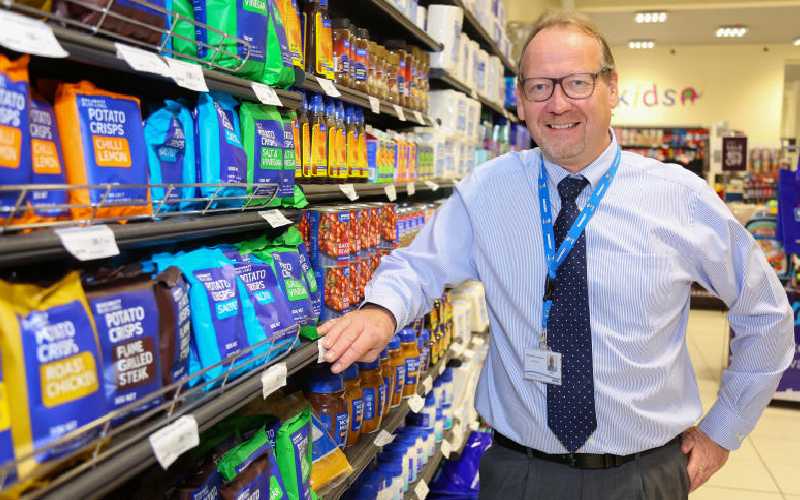×
The Standard e-Paper
Fearless, Trusted News

Nakumatt Chief Marketing Officer Andrew Dixon.
As a preacher of the turnaround gospel, Andrew Dixon fast rose to become one of the most visible figures in Kenya’s retail sector.